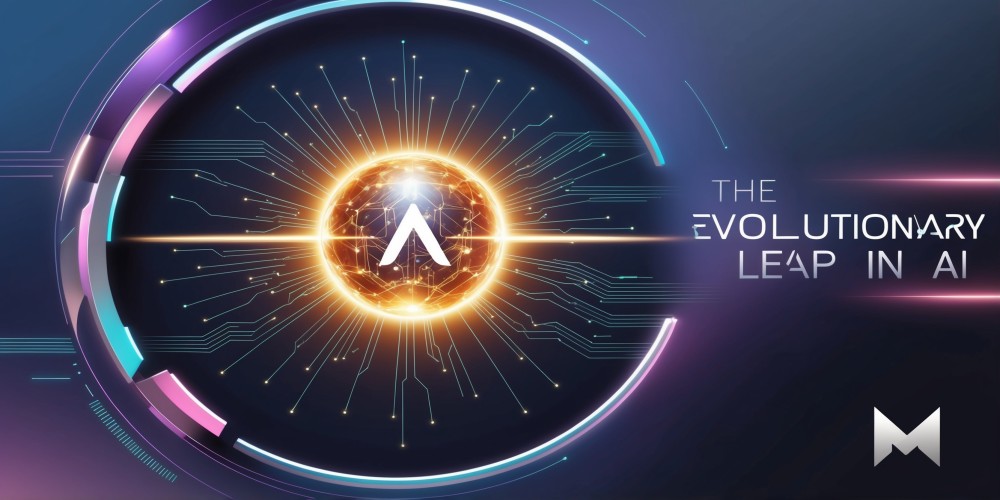The Evolutionary Leap in AI: Meta's Self-Training Model
- Oct 22, 2024
- 1220

Technology giant Meta has taken a bold step forward in AI evolution, unveiling a generative AI model capable of autonomously enhancing its own capabilities. This pioneering development marks a significant milestone, sparking both intrigue and debate about the potential of self-improving systems.
Unlike conventional AI models reliant on human input, Meta’s new concept leverages a "Self-Taught Evaluator" to refine and optimize its outputs. This approach reduces the dependence on human oversight, enabling machine learning models to dissect complex problems into manageable components, thus improving their problem-solving accuracy.
At the core of this innovation lies the model's ability to employ synthetic training data for autonomous learning. It generates contrasting outputs from unlabeled instructions, and the AI trains itself to produce more accurate predictions by iteratively refining its judgments. This process is a significant shift from traditional AI training methodologies, which necessitate human annotations.
Meta's strategy includes releasing these advancements as open-source tools for external developers. By doing so, Meta aims to accelerate AI development across various sectors, including science, coding, and even cyberspace security. The open-source approach, while beneficial for innovation, does raise concerns about the risks and unpredictability of self-learning AI systems.
While the leap towards autonomous AI is electrifying, it also requires caution. The potential for unforeseen consequences is significant, as self-learning models may introduce unpredictability. Nevertheless, such tests are critical, offering valuable insights needed to steer AI's future, mitigating risks while maximizing technological benefits for society.